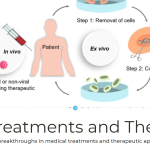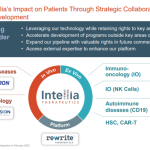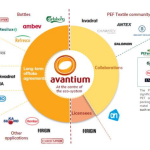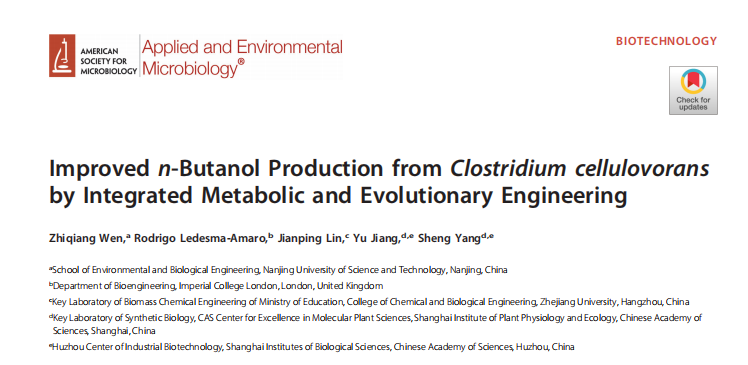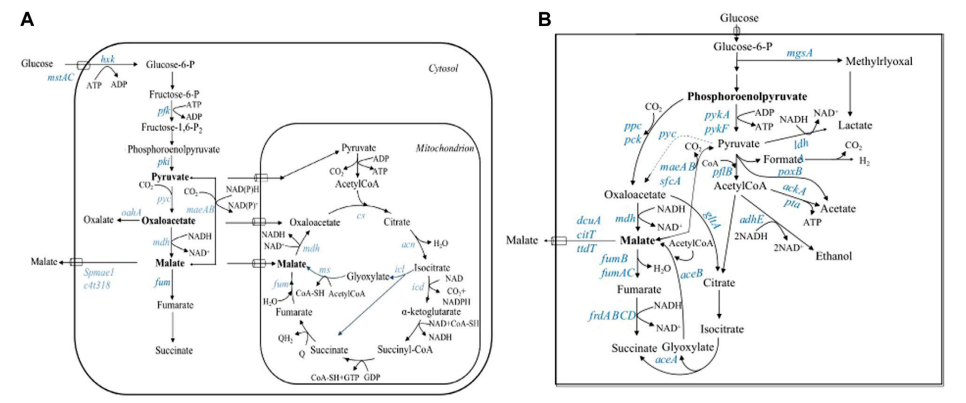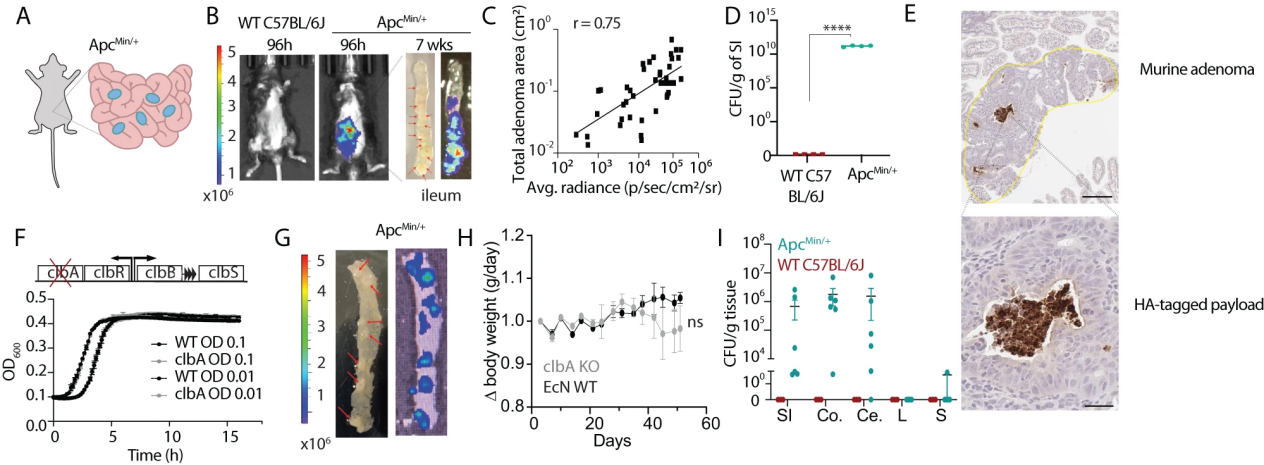What Are Gene Fragments?
Gene fragments are short sequences of DNA that represent a portion of a gene or a collection of genes. These fragments are synthetically constructed to match exact sequences required for various scientific and medical applications. Unlike full genes, gene fragments are smaller and easier to handle, making them ideal for use in research and development processes where specific genetic sequences are needed.
| Term | Description | Uses | What Clients Need to Provide |
|---|---|---|---|
| Gene Fragments | Short sequences of DNA representing part of a gene | Cloning, gene editing, synthetic biology, diagnostics | Desired DNA sequence, length, any specific modifications |
| Full Genes | Entire sequences of DNA coding for a specific protein | Protein expression, genetic studies, functional assays | Full gene sequence, target organism for expression |
| Synthetic Construction | Creation of DNA sequences to match specific requirements | Custom research applications, gene therapy, drug development | Exact nucleotide sequence, codon optimization preferences |
Process of Synthesis
The synthesis of gene fragments involves designing the desired DNA sequence, chemically synthesizing the sequence, assembling the short DNA oligonucleotides into larger fragments, and verifying the accuracy of the synthesized gene fragments. Gene fragments are crucial in cloning and research due to their precision, speed, and the ability to customize sequences for specific experimental needs. The synthesis of gene fragments involves several key steps:
 Flowchart for the DNA synthesis process
Flowchart for the DNA synthesis process
Importance in Cloning and Research
Gene fragment synthesis is crucial in cloning and research for several reasons:
- Precision: It allows researchers to obtain exact DNA sequences required for their experiments, eliminating the need for time-consuming cloning from natural sources.
- Speed: The synthetic approach significantly speeds up the process of obtaining desired gene sequences.
- Customization: Researchers can design and order specific gene fragments tailored to their experimental needs, including the incorporation of mutations or tags.
Our Service Details
CD Biosynsis offers a comprehensive Gene Fragment Synthesis Service to support your research and development needs. This service allows for the accurate and efficient synthesis of gene fragments, which can be tailored to your specific requirements. Our advanced technology ensures high fidelity and precision in synthesizing the desired DNA sequences.
Below is a table summarizing the various synthesis services we offer, including what you need to provide as a customer for each service:
| Service Name | Service Description | Customer Requirements |
|---|---|---|
| Gene fragment synthesis Service | Accurate and efficient synthesis of custom gene fragments tailored to your needs. | Desired DNA sequence, specific modifications |
| Genome Synthesis and Assembly | Comprehensive genome synthesis and assembly services for complex genetic constructs. | Full genome sequence, desired assembly instructions |
| Custom DNA Synthesis | Custom DNA sequences synthesized to meet specific research requirements. | Desired DNA sequence, any special requirements |
| Oligo Synthesis Service | Synthesis of short oligonucleotides with high purity and accuracy. | Sequence information, desired length |
| Custom RNA Synthesis | Tailored RNA synthesis services for a variety of research applications. | RNA sequence, modifications required |
| Custom RNA oligos synthesis | High-quality synthesis of custom RNA oligonucleotides. | Desired RNA oligo sequence, length |
| Custom siRNA Synthesis | Synthesis of custom small interfering RNA (siRNA) molecules for gene silencing studies. | Target gene sequence, desired siRNA sequences |
| Custom miRNA synthesis | Synthesis of custom microRNA (miRNA) sequences for functional studies. | miRNA sequence, any specific modifications |
| MicroRNA Agomir/Antagomir Synthesis | Custom synthesis of Agomirs and Antagomirs for microRNA studies. | Target miRNA sequences, desired modifications |
| Long RNA synthesis service | Synthesis of long RNA molecules for various research applications. | Long RNA sequence, specific synthesis details |
| Small Genome Synthesis | Custom synthesis of small genomes for synthetic biology projects. | Small genome sequence, assembly details |
Customization is a key feature of gene fragment synthesis services. Clients can specify:
- Sequence: The exact nucleotide sequence required.
- Length: The length of the gene fragment, typically ranging from a few hundred to a few thousand base pairs.
- Modifications: Inclusion of specific mutations, tags, or regulatory elements.
- Optimization: Codon optimization for expression in different host organisms such as bacteria, yeast, or mammalian cells.
Technologies and Methods Used
Gene fragment synthesis employs advanced technologies and methods, including:
- Phosphoramidite Chemistry: The primary method for synthesizing oligonucleotides, involving the stepwise addition of nucleotides.
- PCR Assembly: Amplification and assembly of synthetic oligonucleotides into larger gene fragments.
- Error Correction: Techniques like high-fidelity PCR and error-correcting enzymes to minimize synthesis errors.
- Next-Generation Sequencing (NGS): Verification of synthesized sequences to ensure accuracy and quality.
Technologies
Gene fragment synthesis relies on several cutting-edge technologies: These technologies play a crucial role in ensuring that gene fragment synthesis is efficient, accurate, and customizable. Automated synthesizers streamline the production process, high-fidelity DNA polymerases ensure the accuracy of gene assembly, NGS platforms provide thorough verification of sequences, and bioinformatics tools aid in the design and optimization of DNA sequences. Together, these technologies support the diverse and growing applications of gene fragments in biotechnology and beyond.
| Technology | Function | Features | Uses | Examples |
|---|---|---|---|---|
| Automated Synthesizers | Machines automating the chemical synthesis of DNA | High throughput, precision, scalability | Large-scale DNA synthesis, high-efficiency production | BioXp™ 3200 System, GenScript’s Synthesizer |
| High-Fidelity DNA Polymerases | Enzymes that accurately replicate DNA, reducing error rates | Low error rates, high fidelity | Accurate gene fragment assembly, error correction | Q5® High-Fidelity DNA Polymerase, Phusion High-Fidelity DNA Polymerase |
| NGS Platforms | Technologies for quick and accurate DNA sequencing | High speed, high accuracy, ability to handle large data sets | Verification of synthesized sequences, genome sequencing | Illumina NovaSeq, Oxford Nanopore MinION |
| Bioinformatics Tools | Software for designing and optimizing DNA sequences | Customization, optimization algorithms, user-friendly interfaces | Design of DNA sequences, codon optimization, sequence analysis | SnapGene, Geneious Prime, Benchling |
Applications
Gene fragment synthesis services play a crucial role in modern biotechnology, offering precise, customizable, and efficient solutions for various research and industrial applications. The advanced technologies and methods employed ensure high-quality synthesis, while the wide range of applications highlights the versatility and importance of gene fragments in genetic engineering, synthetic biology, and pharmaceuticals. As these services continue to evolve, they will undoubtedly drive further innovations and breakthroughs in the field of biotechnology.
This table summarizes the key applications of gene fragment synthesis across genetic engineering, synthetic biology, and pharmaceuticals, highlighting the specific uses, descriptions, and benefits of each application.
| Application Area | Specific Application | Description | Benefits |
|---|---|---|---|
| Genetic Engineering | Creating Transgenic Organisms | Introducing specific gene sequences into organisms to study gene function or produce desirable traits | Enhanced traits in crops and livestock, study of gene function |
| Gene Editing | Providing DNA templates for technologies like CRISPR-Cas9 to introduce precise genetic modifications | Correction of genetic defects, creation of model organisms, study of gene function | |
| Pathway Engineering | Constructing synthetic pathways for the production of biofuels, chemicals, and other valuable compounds | Development of new metabolic pathways, production of biofuels and chemicals | |
| Synthetic Biology | Constructing Synthetic Genomes | Building artificial chromosomes and genomes for research and industrial applications | Creation of minimal genomes, custom organisms for specific tasks |
| Metabolic Engineering | Designing and optimizing metabolic pathways to enhance the production of pharmaceuticals, biofuels, and bioproducts | Improved yield and efficiency in production processes | |
| Novel Biomolecules | Creating new proteins, enzymes, and other biomolecules with tailored properties for industrial and therapeutic use | Engineering of enzymes with improved stability, specificity, and catalytic activity | |
| Pharmaceutical Applications | Drug Development | Synthesizing genes for the production of therapeutic proteins, antibodies, and vaccines | Rapid and precise production of biologics, accelerated drug development |
| Gene Therapy | Developing gene therapies involving the delivery of synthetic gene fragments to correct genetic disorders | Targeted genetic therapies, correction of genetic disorders | |
| Diagnostics | Creating DNA probes and primers for the detection of pathogens and genetic diseases | Highly specific and sensitive diagnostic tests, improved early detection and treatment of diseases |

